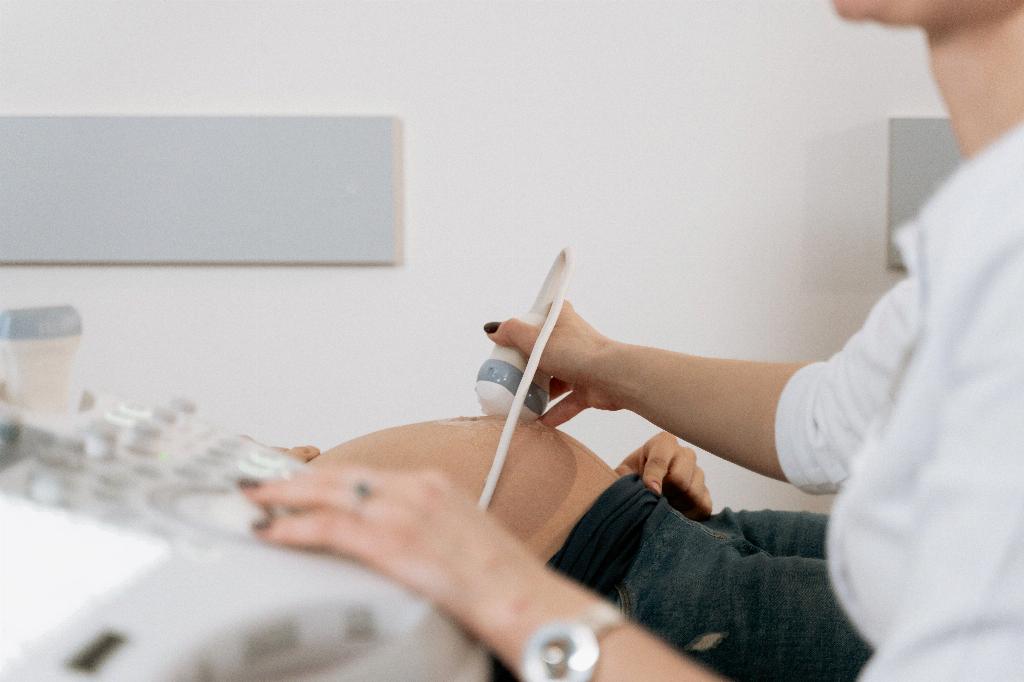When you see a faint control line on a pregnancy test, it can be a cause for confusion and uncertainty. However, there are several reasons why this might be happening, and understanding these factors can provide some clarity.
HCG Levels
One common reason for a faint control line is that there may not be enough hCG (human chorionic gonadotropin) in your urine yet. hCG is the hormone that is produced during pregnancy and is the catalyst for the positive result on a pregnancy test. In the early stages of pregnancy, hCG levels may be too low to produce a strong, definitive result on a test.
Early Pregnancy
If you are testing very early in your pregnancy, it is possible that the faint control line is due to the fact that the hCG levels have not had enough time to rise significantly. This is especially common if you are testing before your missed period, as hCG levels tend to increase rapidly in the first few weeks of pregnancy.
Test Sensitivity
Another factor to consider is the sensitivity of the pregnancy test you are using. Some tests are more sensitive and can detect lower levels of hCG, while others may require higher concentrations of the hormone to produce a clear line. A faint control line could indicate that the test you are using is not as sensitive.
Improper Usage
It is also important to consider whether you followed the instructions for the pregnancy test correctly. Using the test at the wrong time of day, diluting the urine sample too much, or misinterpreting the results can all lead to a faint control line.
Expired Test
Using an expired pregnancy test can also affect the accuracy of the results. Over time, the chemicals in the test may degrade, leading to unreliable results. Make sure to check the expiration date on the packaging before taking the test.
Chemical Pregnancy
In some cases, a faint control line on a pregnancy test could indicate a chemical pregnancy. This occurs when a fertilized egg implants in the uterus but fails to develop further. The hCG levels may rise briefly before dropping, resulting in a faint positive test result.
Medications and Medical Conditions
Certain medications and medical conditions can also impact the results of a pregnancy test. Medications that contain hCG or fertility treatments that stimulate hCG production can cause a false-positive result. Additionally, conditions like ovarian cysts or certain types of cancer can also affect hCG levels.
Dehydration
Dehydration can lead to more concentrated urine, which may affect the accuracy of a pregnancy test. It is important to stay hydrated, especially when taking a pregnancy test, to ensure that the results are reliable.
Repeating the Test
If you see a faint control line on a pregnancy test, it is recommended to wait a few days and then take another test. This will allow hCG levels to increase further, giving you a clearer result. If you are still unsure, consulting with a healthcare provider can provide additional guidance.
Conclusion
In summary, a faint control line on a pregnancy test can be caused by a variety of factors, including low hCG levels, early pregnancy, test sensitivity, improper usage, expired tests, chemical pregnancy, medications, medical conditions, dehydration, or the need to repeat the test. Understanding these factors and taking the appropriate steps can help you interpret the results accurately and make informed decisions about your pregnancy.

